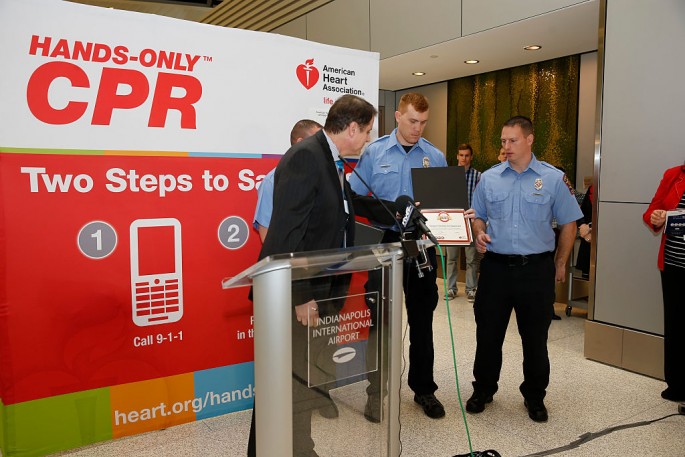While Santa Claus may be the symbolic mascot of Christmas and the holiday season, a study has found that people have a higher chance of meeting the Grim Reaper due to cardiac-related problems in the same period.
The study titled "Revisiting the Christmas Holiday Effect in the Southern Hemisphere" and published in the Journal of the American Heart Association found that Americans' risk for heart attacks for this period increased by 4.2 percent. The phenomenon, which had already been speculated on in previous studies, starts during Christmas and ends by the first week of January.
To debunk the notion that cold weather plays a factor in the increased rate of cardiac mortality, researchers led by Josh Knight of the University of Melbourne also studied data from New Zealand which celebrates Christmas during the summer season. To their surprise, they found that the mortality rates were the same regardless of the temperature.
"Because the seasonality, and associated temperature profile, is opposite to the previously reported results from the Northern Hemisphere, this result supports the conclusions of Phillips and colleagues and, prior to that, Kloner et al, who indicated that the Christmas holiday effect is not associated with temperature, specifically with the cold temperatures associated with winter," they said.
According to the researchers, the spike in deaths during the holiday season rests on several possible factors, including drastic dietary changes and increased alcohol intake, emotional stress, failure to seek proper medical care and displacement of death. All these reasons, Knight and his colleagues surmised, could possibly explain the increase in heart-related mortality cases during the holidays.
"Cardiac mortality is elevated during the Christmas holiday period relative to surrounding time periods," the researchers said. "Our findings are consistent with a previously reported study conducted in the United States, suggesting that cardiac mortality does not take a 'summer break.'"
In a separate statement, AHA also advised people to take several precautions during the holiday season to maintain their health. This includes cutting back on the food and alcohol intake, take their medications regularly, seek proper medical treatment, and most importantly, control their stress levels.
Check the video below



























